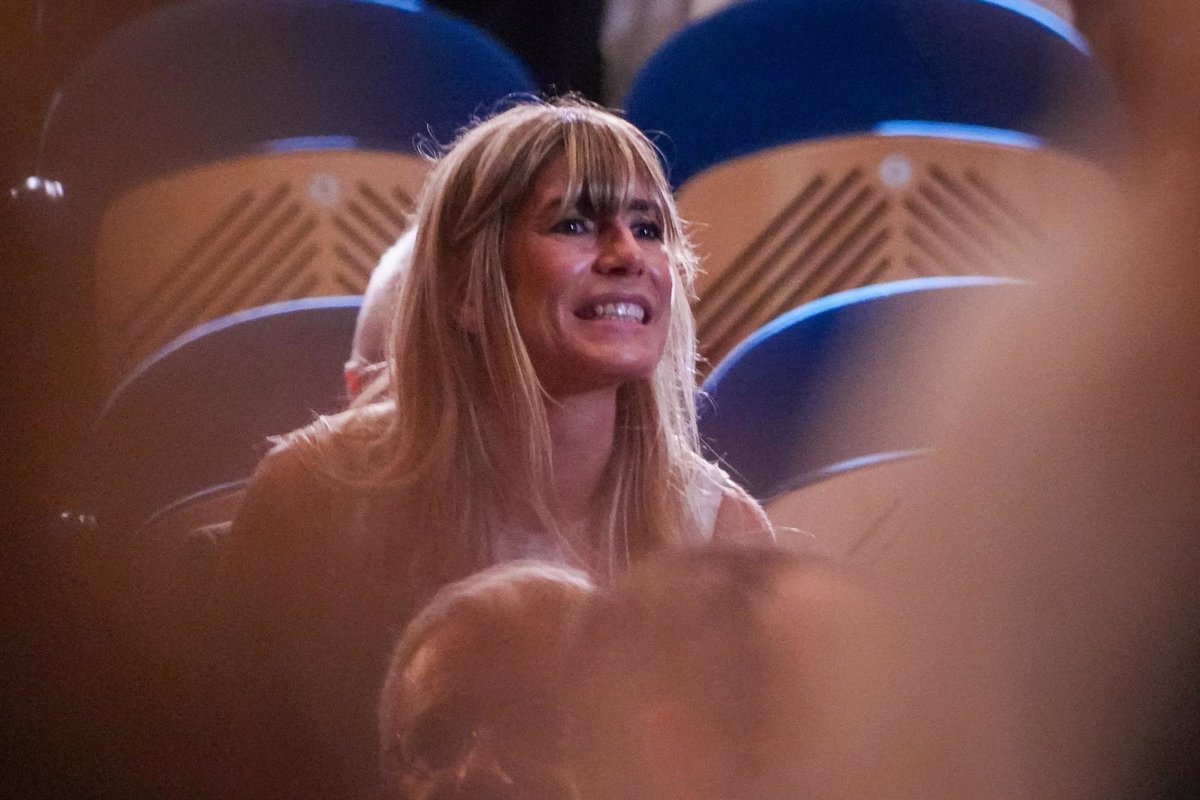Starting this Tuesday, October 8, the Madrid Assembly will investigate whether there was nepotism in the relationship between Begoña Gómez, wife of the President of the Government, Pedro Sánchez, and the Complutense University of Madrid (UCM).
Each parliamentary group will have three deputies in this space. In the case of the socialists, there are three members of the leadership: the Secretary of Organization of the PSOE-M, Marta Bernardo, will be the spokesperson, and alongside them will be Jesús Celada, deputy spokesperson for the general secretary of the PSOE-M, Juan Lobato, and deputy Mar Espinar.
In the month of September, Lobato announced that the work of the socialists in this commission would be coordinated “millimetrically” with Ferraz and the Government of Spain. He stressed that they will defend “just and logical positions.”
Members of the party have highlighted to Europa Press the importance of this commission internally, and they consider that this is why Lobato has placed deputies from his closest circle and in the highest positions of the Parliamentary Group.
After tensions with Ferraz over issues such as amnesty or financing and the reporting of the results of the European elections on June 9, these same sources consider that performance in the commission could be both an opportunity to improve the relationship, as well as a another argument for the national leadership to opt for a change of course in the regional Congress that is expected to be held at the beginning of the year. “It is a double-edged sword in a very tense moment,” he summarizes.
The PP is betting on the instructor who sanctioned Monasterio and Padilla
For its part, the PP, promoter of this commission, has placed Mercedes Zarzalejo in charge, the doctor of Law who also entrusted the proposals to sanction the Vox spokesperson, Rocío Monasterio, for voting twice, and the deputy of Más Madrid, Pablo Padilla, for simulating a shooting in the Plenary while the president of the Community of Madrid, Isabel Díaz Ayuso, was speaking.
She was also the one who defended the position of the ‘popular’ against the opposition letter to this commission presented by the PSOE in the plenary session on September 19. He then maintained that the information pointing to Begoña Gómez “alarms society”, and that with this commission the ‘popular’ seek to “defend and restore the good name of the Madrid University”, and that they can “propose all the measures that “are necessary to avoid the politicization of access to the university and its operation and with the purpose of ensuring that these situations are not repeated in the future.”
Along with Zarzalejo will be the spokesperson of the PP in the Commission of Education, Science and Universities, Pablo Posse, -who was part of the Social Council of the UCM-, and the third secretary of the Board, Susana Pérez Quislant.
More Madrid will seek to debate financing
Más Madrid’s strategy, as party sources have explained to Europa Press, is to prevent the PP from using the Assembly as “a circus for its own interests.” “With this nonsense they do not want to talk about the underfinancing of public universities, which are, we could say, in technical bankruptcy and they do not want to talk about the Viciana Law that seeks to privatize university space,” they have stressed.
That is why they have placed deputies María Pastor and Antonio Sánchez, both members of the Education, Science and Universities Commission; and Juan Varela-Portas, doctor in Philology from the Complutense University of Madrid and professor at the center.
In the same debate in which Zarzalejo set the objective of “defending and restoring the good name” of the UCM, Antonio Sánchez reproached the ‘popular’ for promoting this commission and not one “dedicated to the funds of the Madrid university” and accused them of “not differentiating between a parliament and a farmhouse.”
Vox, worried about a paco PP-PSOE
Finally, in the case of Vox, the spokesperson will be José Antonio Fúster – national spokesperson for the party and for Education in the Assembly -, the deputy spokesperson for the Parliamentary Group, Íñigo Henríquez de Luna, and the deputy Ana Cuartero.
This commission has been one of Monasterio’s battlehorses against Isabel Díaz Ayuso’s PP since it was registered in June. The leader of Vox then insisted that the month of July be enabled to start filming and “call Begoña Gómez”, although she was not heard.
This Thursday in the corridors of the Assembly he insisted on this criticism and again repeated his suspicion that “Ayuso has an agreement with Lobato on this issue.”
He indicated that Vox is in favor of the commission despite being a “paripé”, and assured that the ‘popular’ refused to summon Begoña Gómez in the Senate “and prohibited Vox from doing so”, something that he fears will be replicated in the Chamber from Vallecas.
After the formation of this commission this Tuesday, the deadline will open for the groups to present their proposals for appearances and demonstrate the line they want this space to take, which will have two monthly sessions, as indicated by ‘popular’ sources.
At the moment, no group has revealed who they will call and it remains up in the air whether Vox or PP will finally ask the President of the Government, Pedro Sánchez, or Begoña Gómez herself to attend.
“We will call people who can shed light on what has happened in the public university with these master’s degrees, with these chairs in which it seems that there were people who did not have the necessary qualifications,” summarized the PP spokesperson, Carlos Díaz. Pache, every time journalists have asked him about the latest mystery of this commission.
![]()
